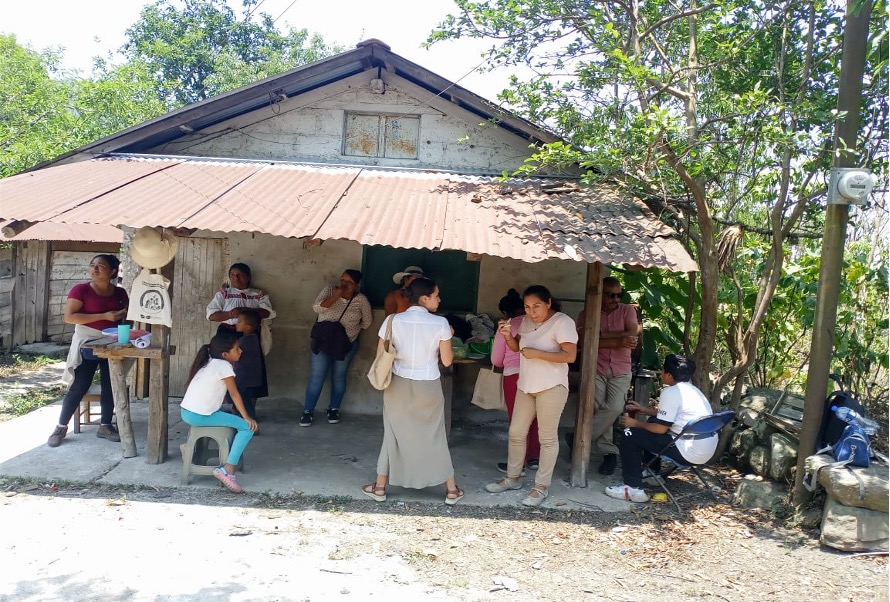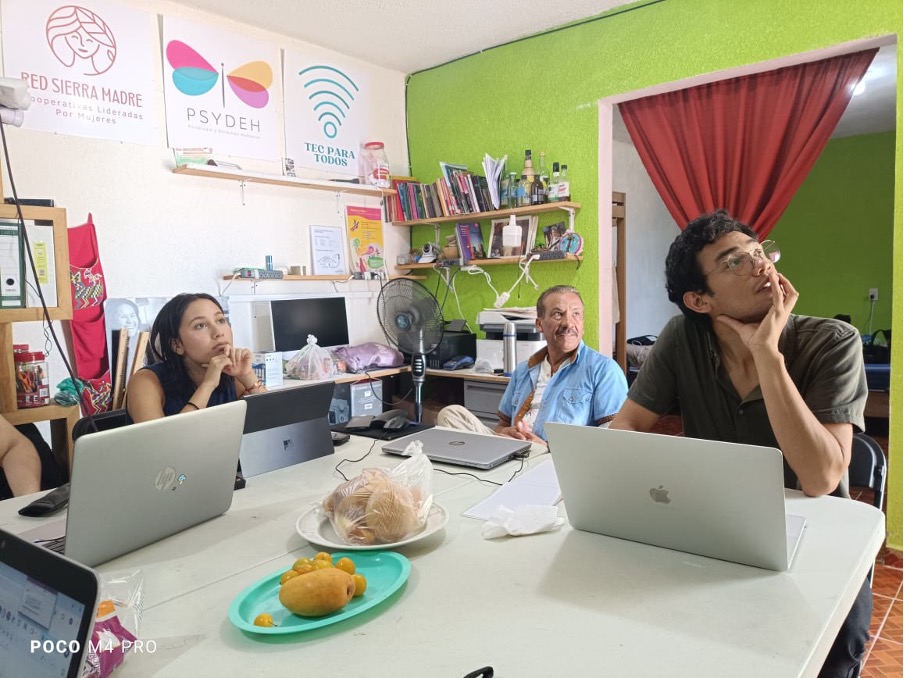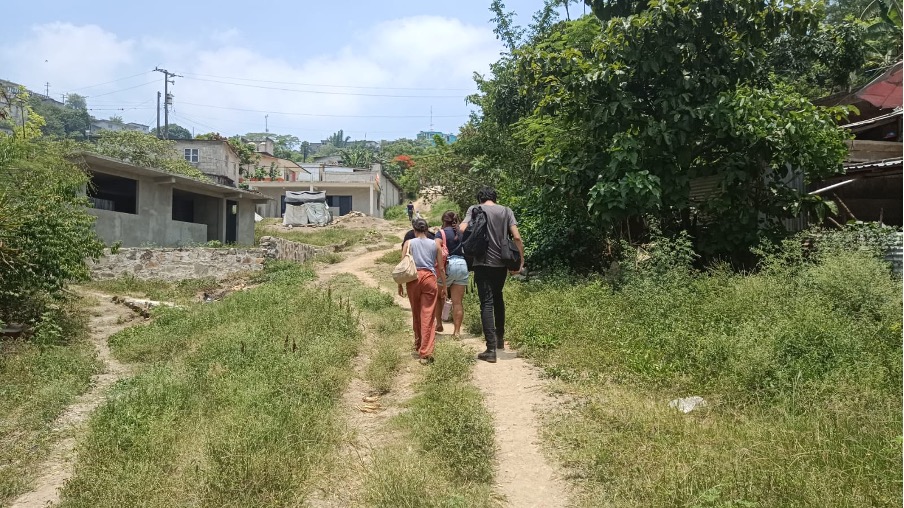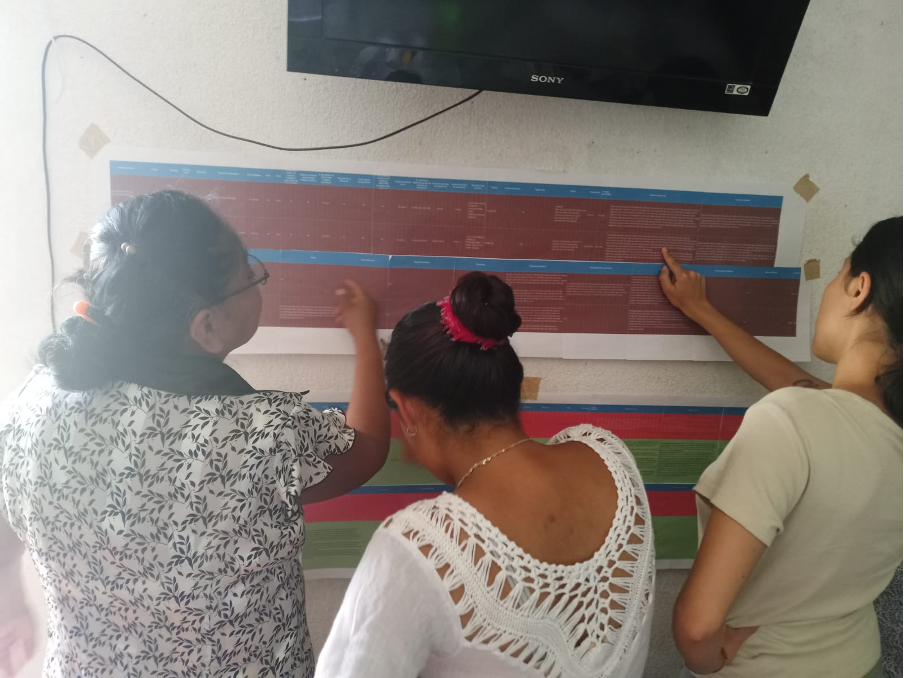My First Ten Days in Tenango de Doria
By Arantza Caudillo Alvarez

I arrived in Tenango de Doria, Hidalgo, ten days ago. So far, I have met many wonderful people who have made my adjustment process smoother. Everyone has welcomed me with open arms, including the Indigenous women whom I work with! I am excited to see how my relationships develop with my co-workers and partners throughout the following months. For background context, I am working with the non-profit organization Psychology and Human Rights (PSYDEH) in the Otomi/Tepehua region. While PSYDEH has physical headquarters in Tenango de Doria, we work with nine Indigenous communities across the Otomi/Tepehua mountain range. I will work with this organization as their trainer while simultaneously conducting ethnographic research about Indigenous women’s empowerment.

During my first ten days, I visited five of the nine Indigenous communities we work with–Santa Maria, San Pablo, San Esteban, Piedra Ancha, and Santa Catarina–and attended four workshops. PSYDEH programmed workshops for the entire week about women’s participation in elections and voting rights. I attended all of them! We discussed Indigenous women’s right to freely choose who to vote for and to demand representatives to fulfill their campaign promises. I listened to Indigenous women’s perspectives about the election process and their concerns. Many voiced uncertainty about how some women will fill the ballot since many older women do not know how to read or speak Spanish. The community is unsure whether people can bring a trusted person to help them translate or read. Moreover, many women agreed that candidates have brought “incentives” to get them to vote for them. I found extremely interesting what the Indigenous women had to say throughout the workshops because I witnessed how rural and Indigenous communities get overlooked during elections and civil processes and what they have done to make their voices heard.

The biggest hurdle I face to accomplish my research goals is the distance. As I mentioned in the previous paragraph, the Otomi/Tepehua region is a mountain range. Thus, everything is extremely far and not very accessible. Each of the communities we work with is at least an hour and thirty minutes away, some being as far as four hours. We take public transportation to reach these communities, and because of the hot weather, the trips can get exhausting. The streets are also very steep, and I have to walk almost everywhere, but at least I am getting my miles in! This mobility issue poses some challenges as I will need to move around the entire region to interview many Indigenous women. To overcome this challenge, I will organize all of my appointments efficiently to interview as many women as possible from the same community within a day or two and arrange a place to stay the night if needed. I also aim to get more familiarized and comfortable with traveling around the region by myself, I already made my first trip alone! I hope to know all the routes and feel confident when traveling by myself by the middle to the end of June, and have a list of who I want to interview and a schedule by the second week of July.


